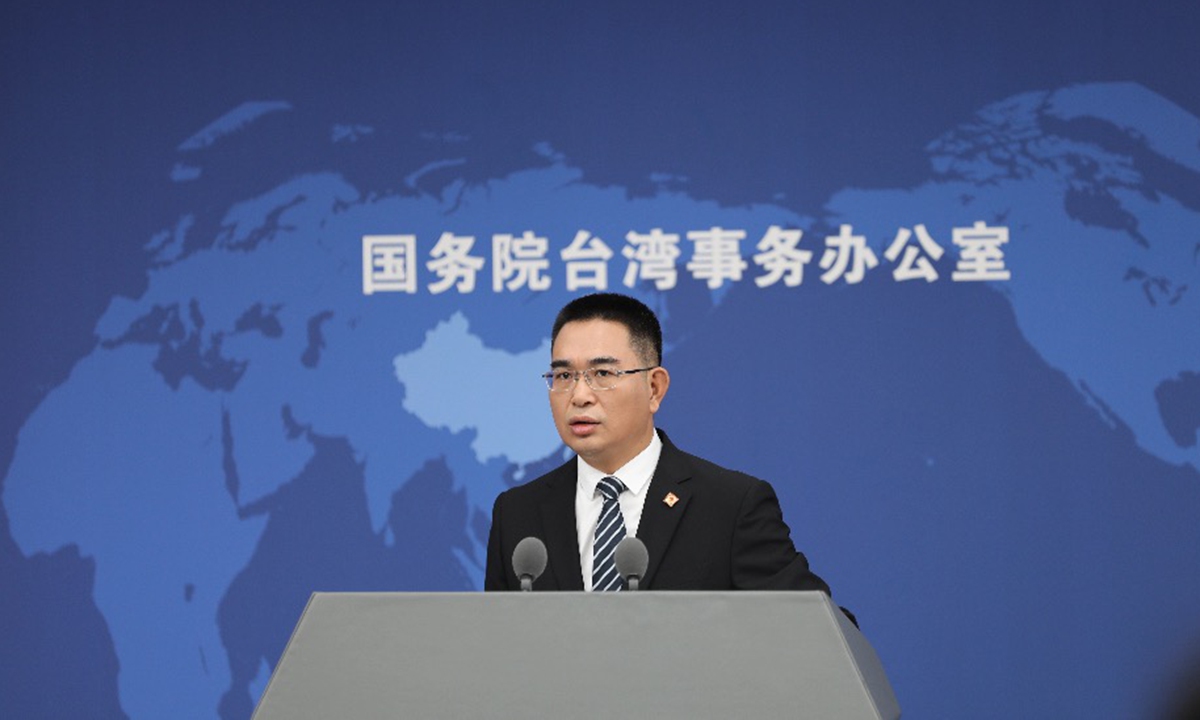Chinese AI: Profits vs. Ethical Dilemmas

The latest newsletter from CNBC's "The China Connection" emphasizes the unexpectedly robust performance of Chinese artificial intelligence (AI) companies amid global skepticism. While many other markets grapple with challenges related to the profitability of AI models, Chinese firms are establishing a foothold in business applications, demonstrating a strategic pivot towards monetization and practical utility in diverse sectors. This development is significant, reflecting not only the financial viability of AI in China but also raising ethical questions regarding surveillance and data privacy in implementation.
Several factors contribute to this momentum in the Chinese AI sector. Reports indicate a remarkable reduction in implementation timelines for AI customer service solutions from up to three months to merely two weeks, particularly showcased in collaborations like that of Tencent and FAW. Such efficiency underscores a competitive edge, positioning these firms as increasingly attractive partners for businesses eager to enhance operational productivity. Key indicators suggest a growing demand for AI solutions, driven by a shift in corporate focus towards industry-specific applications, as seen in the rising job applications for AI model engineers seeking roles that yield immediate, tangible business results. Furthermore, startups like DeepExi are taking strides towards addressing the issues of 'data hallucination' in generative AI, thereby enhancing reliability—a crucial aspect given the heightened scrutiny of AI's accuracy.
However, these advancements come with inherent risks and potential unintended consequences that policymakers must address. The rapid integration of AI across industries raises ethical concerns, particularly regarding the implementation of surveillance technologies and data privacy practices. As companies utilize AI for customer identification and data processing, the risk of overreach into consumer privacy increases, prompting questions about the balance between innovation and ethical responsibility. Additionally, while the race for AI supremacy brings lucrative opportunities, the volume of data required for effective AI training poses challenges related to data security and accountability. This duality highlights the need for a regulatory framework that fosters innovation while safeguarding individual rights—the cost of which may ultimately be borne by businesses needing to comply with stringent ethical standards.
In conclusion, the rise of Chinese AI companies heralds a transformative opportunity for both local and global markets, yet it simultaneously invites a careful examination of ethical implications and regulatory measures. As Chinese firms capitalize on advancements in AI technology, investors and regulators should remain vigilant, reconciling the drive for economic growth with the imperative to protect consumer interests. Will the potential for functionality and profit overshadow the critical need for ethical governance in the AI landscape, or can a balanced approach be achieved? The path forward will undoubtedly shape the future of AI not only in China but across the globe.
Read These Next

Taiwan Affairs Office Reacts to Chip Market Share Claims
China's semiconductor advancements may surpass Taiwan's market share in two years, urging cooperation for mutual tech growth.

Beijing Xinleien Technology's Shift for Financial Stability
This commentary analyzes Beijing Xinleien Technology Co., Ltd.'s recent board decision to utilize 40 million RMB of idle funds for cash management through low-risk bank financial products, amidst a backdrop of market volatility. It highlights the strategic focus on financial prudence and risk management, while also considering the potential limitations and challenges associated with this conservative investment approach.

LG Energy Solution signs $4.3B battery supply deal
LG Energy Solution confirms a $4.3 billion battery supply deal, potentially with Tesla, enhancing its North American production footprint amidst geopolitical trade dynamics.
